6 Ways You Can Become More Sustainable at Home
Sustainability isn't a new 'thing' anymore. We all know about it, we all preach about it and we all try and put it into practice (definitely some more than others).

There is enough information out there to educate us to the moon and back on the positives of being sustainable and the do's and don'ts when it comes to recycling and reducing our emissions. And whilst it's all well and good learning and hearing about the benefits surrounding the topic, are we really taught the simplest ways that we can achieve this sustainable lifestyle?! I'm talking about the small things that we can do that will make the biggest impacts in the long term, the slight adaptations to our daily habits that can reduce our carbon footprint.
Whilst we wish we could tell you to fuel your car with left over carbon neutral coffee dregs, sadly technology isn't quite that far advanced, so we've come up with the next best things.
Allow me to enlighten you on the simplest ways you can become more sustainable at home, a few of my favourites – these are easy changes worth making.
1) Upgrade your coffee kit
Say goodbye to your single-use plastic cafetiere and say HELLO to the 100% plastic-free Core Coffee Press. Created from only stainless steel and borosilicate glass and pouring excellently velvety coffee, the Core Coffee Press is in a world of its own in the Carbon Neutral Hardware market.

And the looks aren't compromised either; available in four vibrant colours (Copper, Teal, Steel and Black), this French Press holds its own at any ladies coffee morning, afternoon tea gathering, or can even spice up the bedside table for those lazy days in bed.
Upgrade your entire range of coffee kit. Make your brew sustainable whilst achieving the best taste for an affordable price.
2) Get gardening
It's time to get your hands dirty!
Create your own herb patch in your garden or on the kitchen window-sill so you never have to buy from the supermarkets again. Produce found in supermarkets, including herbs, are often mass produced in an unsustainable fashion and transported using unsustainable methods, often contributing to the pollution and destruction of our planet. By growing as much vegetation at home as you can, it will reduce the demand for these mass producers to continue supplying and will also provide you will much fresher, more organic foods.

If you're as bad as me when it comes to keeping plants alive (unless it's a cactus of course), I recommend watching a few videos for tips and tricks to keep those seedlings growing strong and healthy. Good luck!
Oh and also, leftover coffee grounds from your cafetiere can be put to good use to enrich the soil!
3) Check your products
Are the products you're using 100% sustainable?!
I'm sure you know by now, a lot of brands have become very skilled at hiding the truth. Especially when it comes to the sustainability of their products (not Barista & Co, of course).
When it comes to checking the sustainability of a product, you must know the criteria runs deeper than the physical item in your hand. These are a few questions worth asking yourself before you make the purchase;
What is the journey that the product has taken?
Was the product created in a sustainable facility such as a solar-powered manufactory?
Is the packing entirely sustainable (we're talking down to the label glue)?
How long will the product last you? Does the brand offer spare parts to increase the longevity of the product?
If you can’t confidently answer these questions about a product due to lack of transparency from the brand, it is sadly likely the product isn't entirely sustainable – after all, why wouldn't the brand advertise these things?!
When it comes to replacing your old products, be more aware when researching other brands and always be sceptical if key facts are missing. You'll soon transform all of your belongings to be 100% sustainable.
4) Re-use everything
It's too easy to throw things away when you've finished using them, but I don't believe products only get one life.
Give items the second life they deserve and find another use for them. Key tip: Think outside the box.
Here's a few quirky but practical things I do to prevent products being thrown away:
- Empty pasta jars and glass bottles – Use to make big batches of Cold Brew for the summer months
- Home delivered newspapers – Use as packing paper, wrapping gifts or as a cleaning aid
- Old towels, sheets and clothing – Use as wash rags
- Tyres – Use as a swing by attaching it to a rope and a tree
- Used wood – Use as firewood or as woodcrafts for objects such as a spice rack or bird table
5) Use less energy
The press of a switch; possibly the easiest way to become more sustainable at home.

By switching off standby appliances and unnecessary light switches, you quickly reduce carbon emissions. Make it a habit, when you walk out of a room or when you leave for work, flick the switch and turn the power off. It will save you a whole lot of money too and who doesn't want to do that?!
So, if you think you can handle the simple task off switching a switch, maybe step it up a level further by turning your heating down or hanging out clothes to dry instead of using a drier. The possibilities are endless.
Follow more energy saving tips to reduce the amount of gas and electricity you use further – why not make it a competition with your neighbour?! Loser has to cook the winner dinner using their freshly-grown herbs.
6) Drive less
Whilst the luxury of your own car is nice, you may think differently when you look into the gas emissions you're contributing to the environment.
It's quite simple. Drive less.
Opt for a walk to work or ride your bike to the shops. Car share or choose public transport instead. Anything to avoid using your petrol-fuelled car.




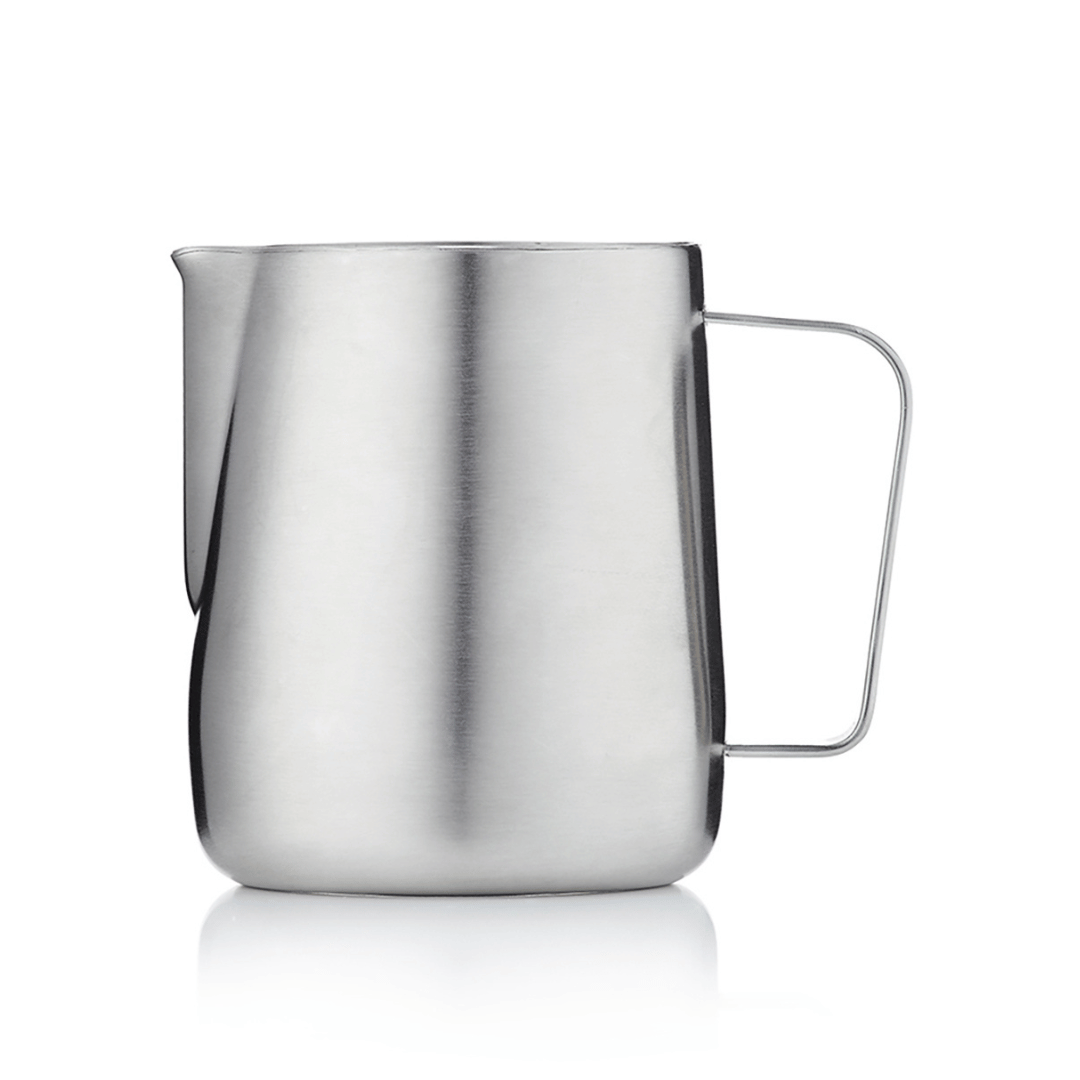
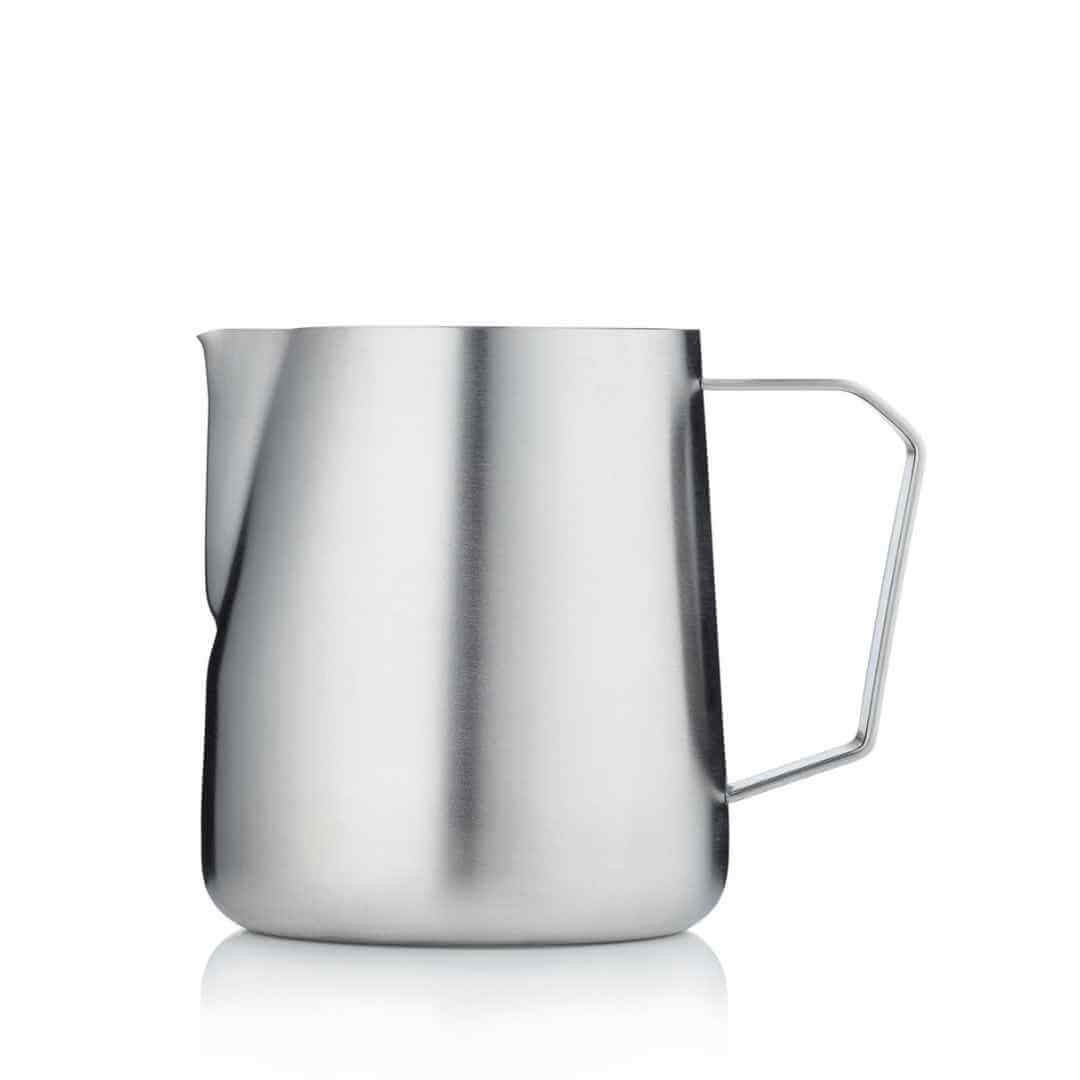
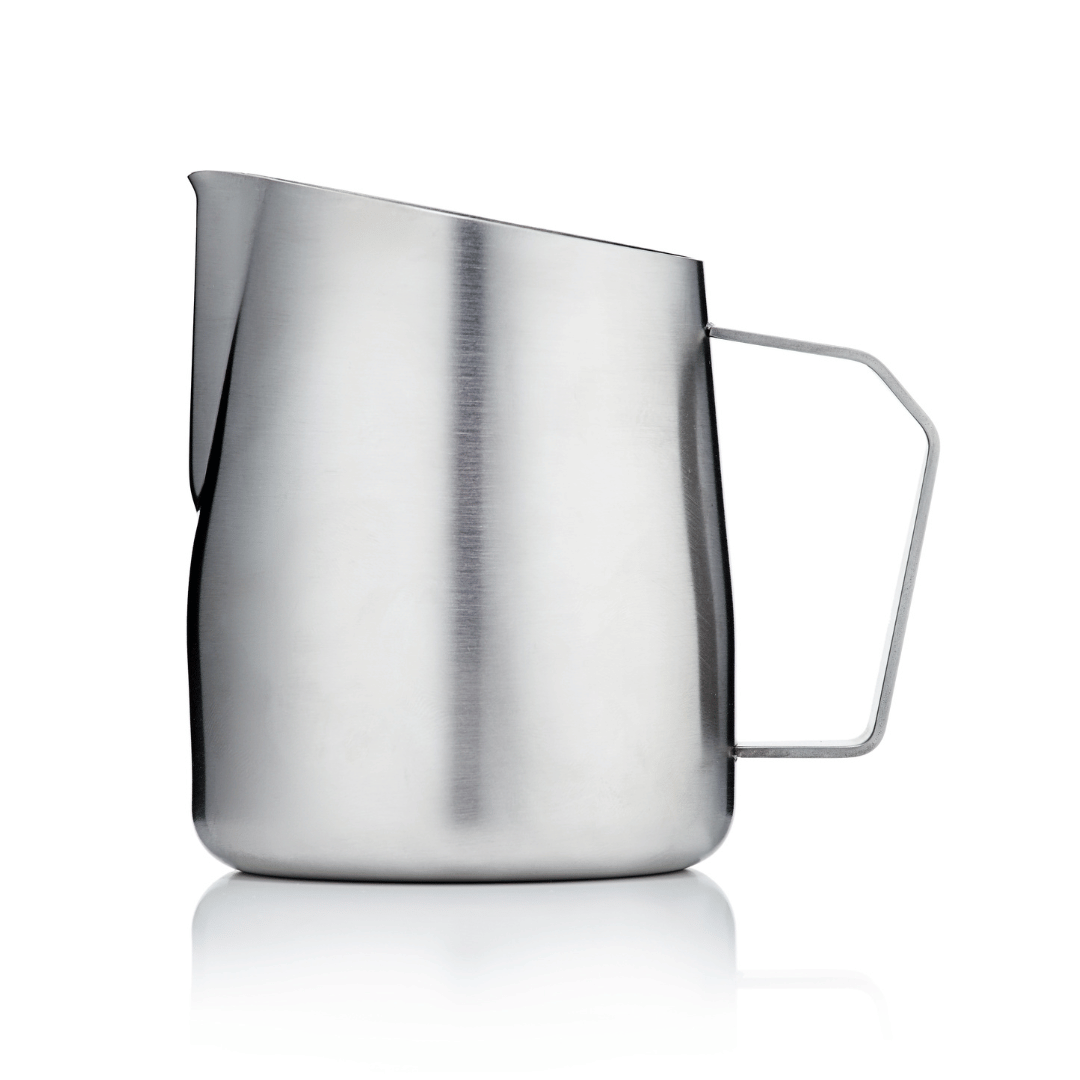
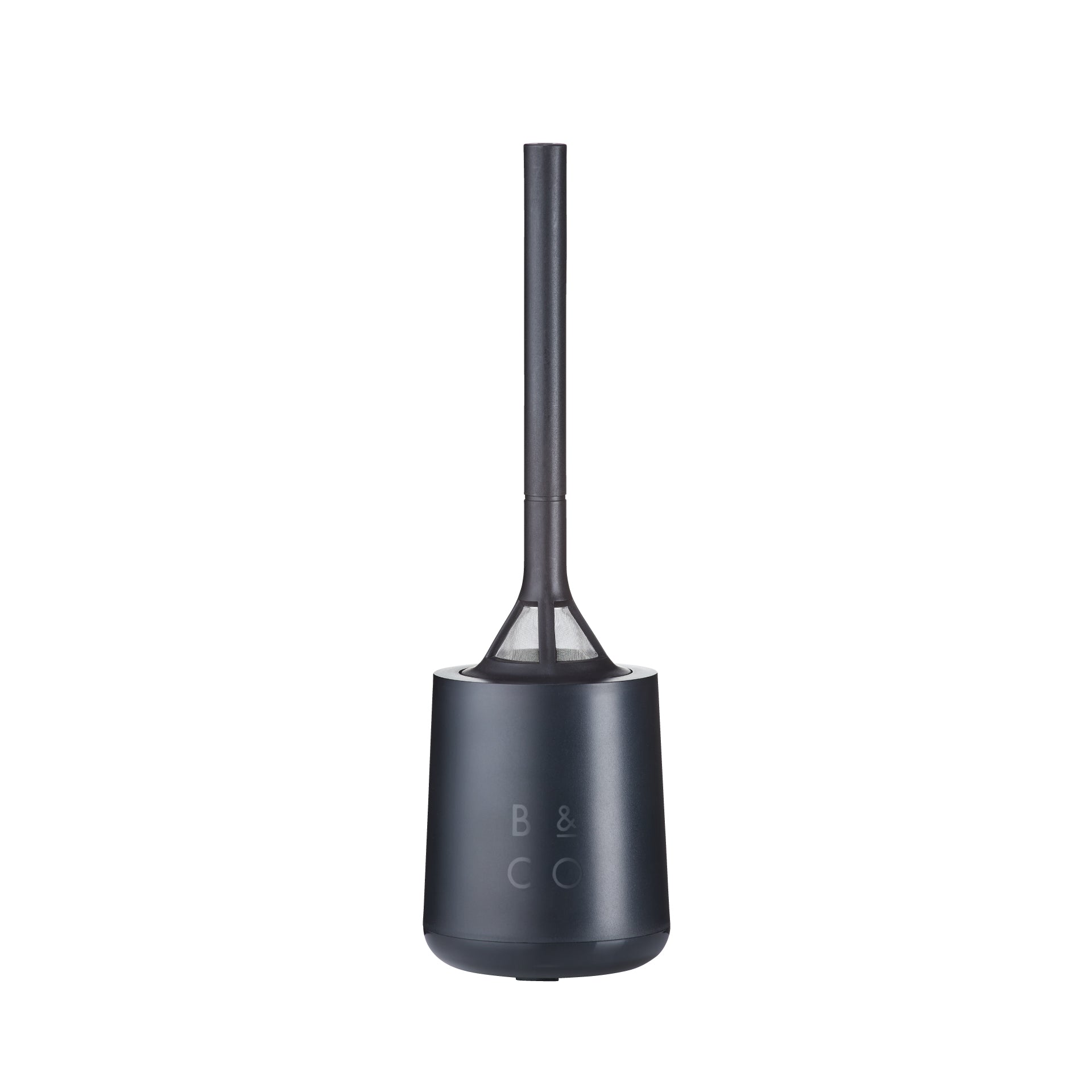
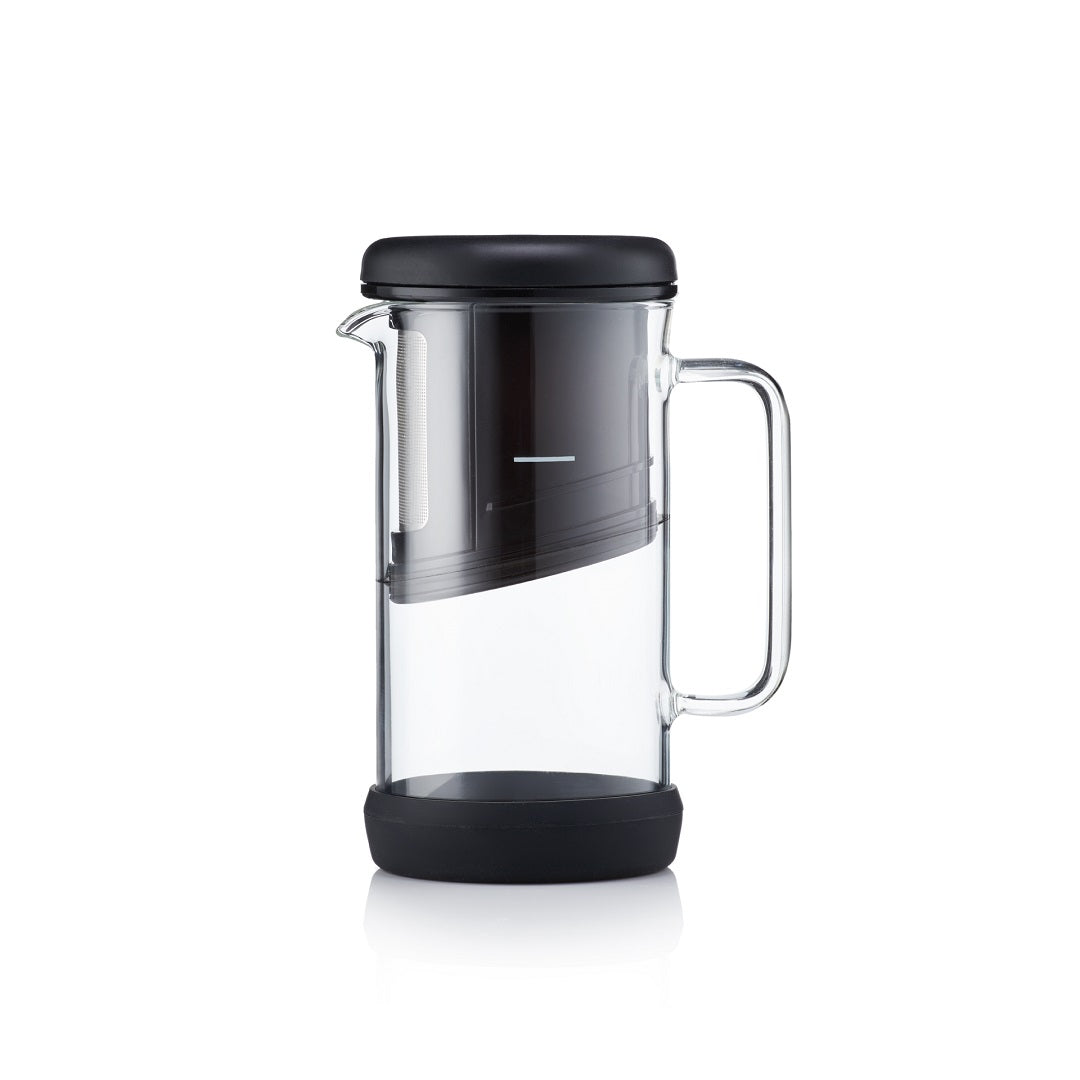
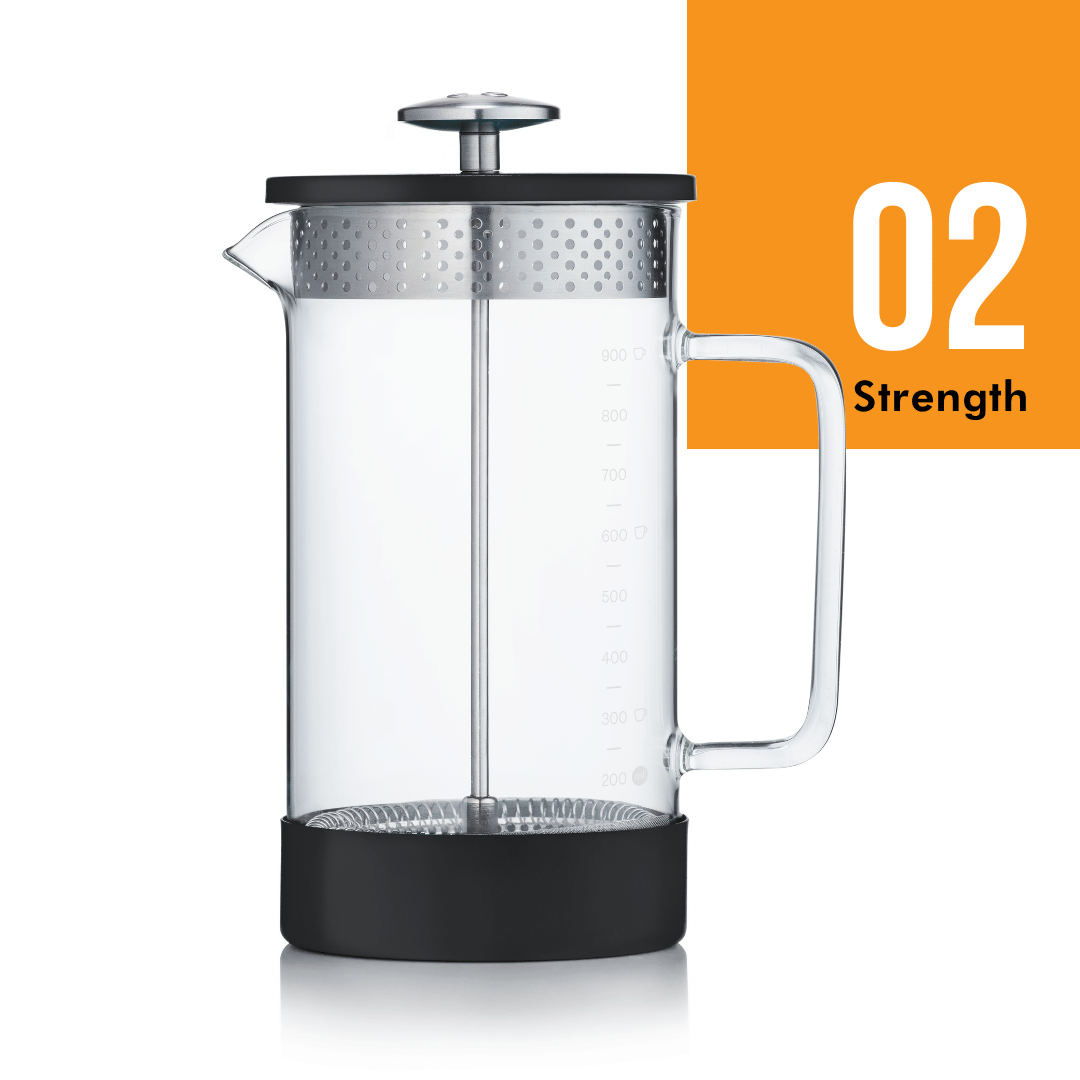
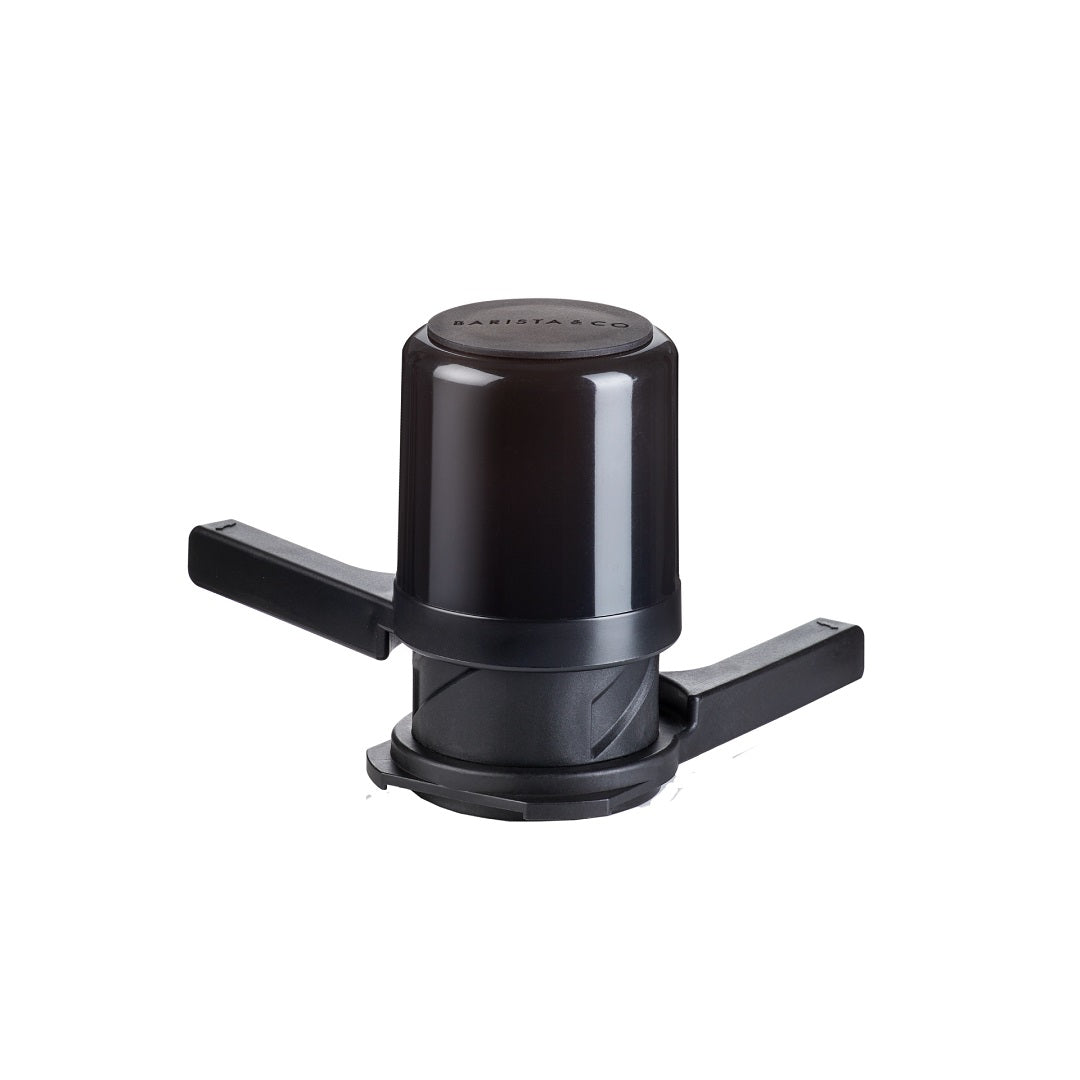

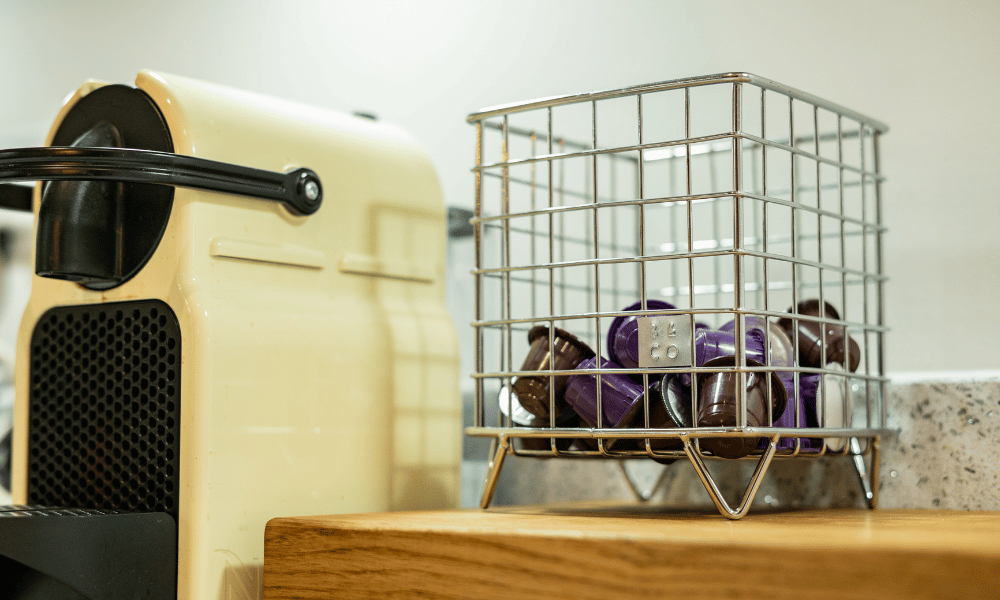
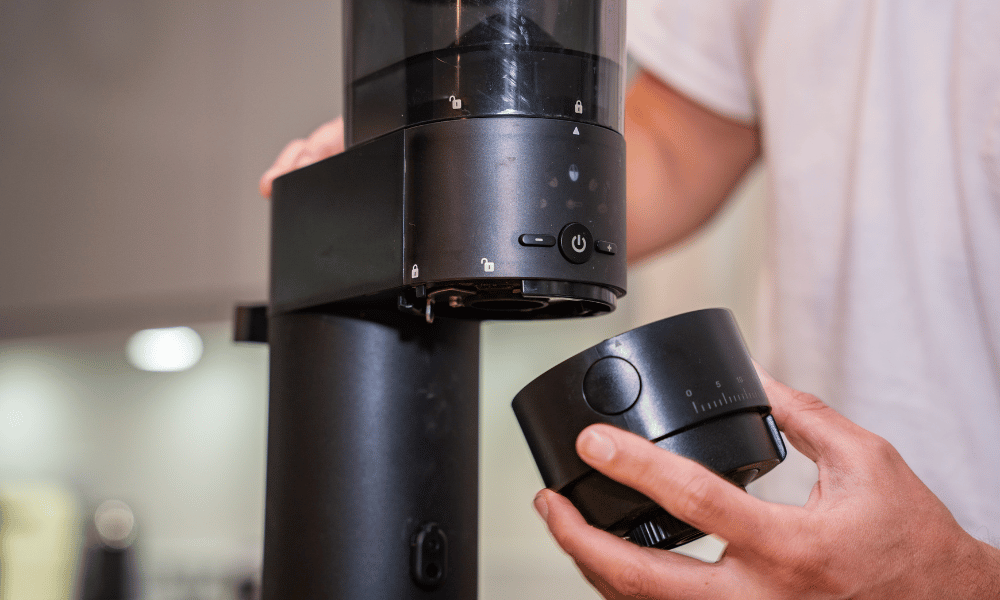

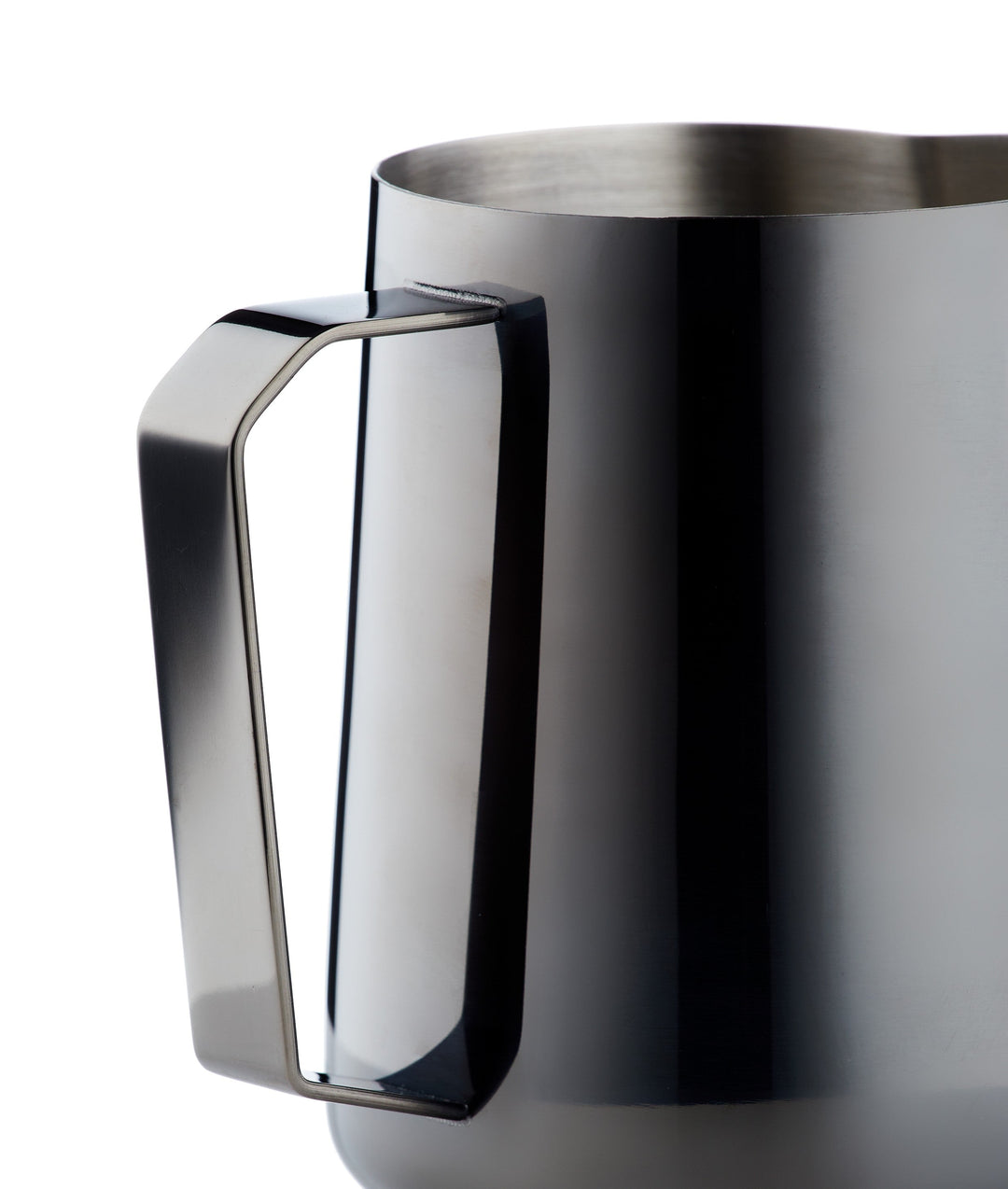

Leave a comment